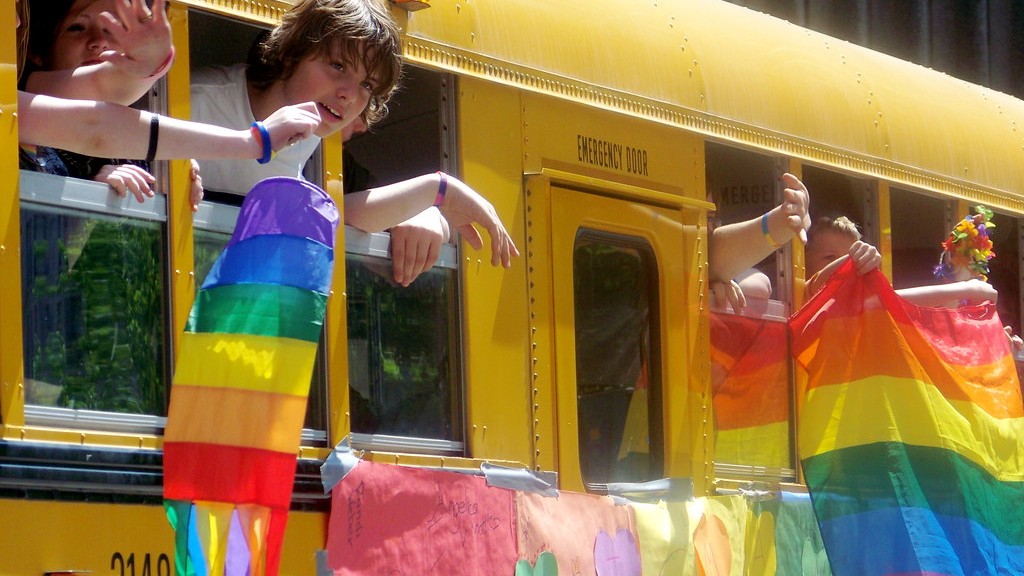Louisiana Lawmakers Kill Bill Restricting Gender Identity Discussions
A bill similar to the controversial Don't Say Gay law in Florida was killed this week in the state of Louisiana.

Gender identity might be the most heated topic in America and education right now. When Florida passed controversial legislation dubbed the “Don’t Say Gay” act in recent months, a culture war erupted, with public schools at the center of attention. A plethora of other states joined in the mission to ban educators from having gender discussions inside schools, but one state just killed the proposal before it could become law.
In Lousiana, Republican Rep. Dodie Horton proposed a bill that would forbid teachers from discussing their own gender identity or sexual orientation with all students in public schools. According to The Associated Press, the measure was voted down in a State House committee following two hours of heated debate. The Republican-controlled house killed the Don’t Say Gay bill in a 7 to 4 vote.

Part of the reason why the bill might have been met with such fierce opposition was because of the stronger connotations it would have created. Along with barring educators from discussing their own gender identity, the Don’t Say Gay bill would have also barred sexual orientation topics or anything relating to gender identity discussions in classrooms with students in kindergarten through eighth grade. This went even farther than Florida’s new legislation, which only banned the sexual education discussions for students in grades kindergarten through third.
Opponents of the act pointed to ambiguous terminology within the Don’t Say Gay bill. Some adversaries believed the legislation was written in an excessively broad manner, pointing out that technically it could ban teachers from using gender-specific titles as well such as Mr. and Mrs. Moreover, it wouldn’t just ban LGBTQ-identifying teachers from stating their sexual orientation, it would also prevent straight teachers from being able to say whether or not they have a husband or wife at home.
A prime example of the vague text in such Don’t Say Gay legislation might have been seen recently in Michigan public schools. Anna Dietrich teaches at Grand Blanc High School in Michigan. Recently, her students questioned the teacher if she had a husband. When Dietrich replied that she didn’t because she was a lesbian, multiple parents spoke out against the teacher in outrage.

Groups of LGBTQ advocates also spoke out against the Don’t Say Gay legislation in The Bayou State. They argued that the piece of legislation would not only affect teachers, but also LGBTQ youth. LGBTQ teachers and advocates are often the first lines of support for students who are bullied in school because of their gender identity or sexuality. If the legislation became law, it could discourage teachers from speaking out against bullying and helping students cope.
Horton held steadfast throughout the debate that the proposed Don’t Say Gay bill would not marginalize the LGBTQ community. She argued that the legislation was merely meant to keep teachers on track with classroom curriculums. Furthermore, Horton and other defenders of such acts argue that these types of discussions should be held at home with family, not teachers. For now, Horton will have to accept defeat and go back to the drawing board amid a torn nation unsure of how to handle these discussions at schools.



